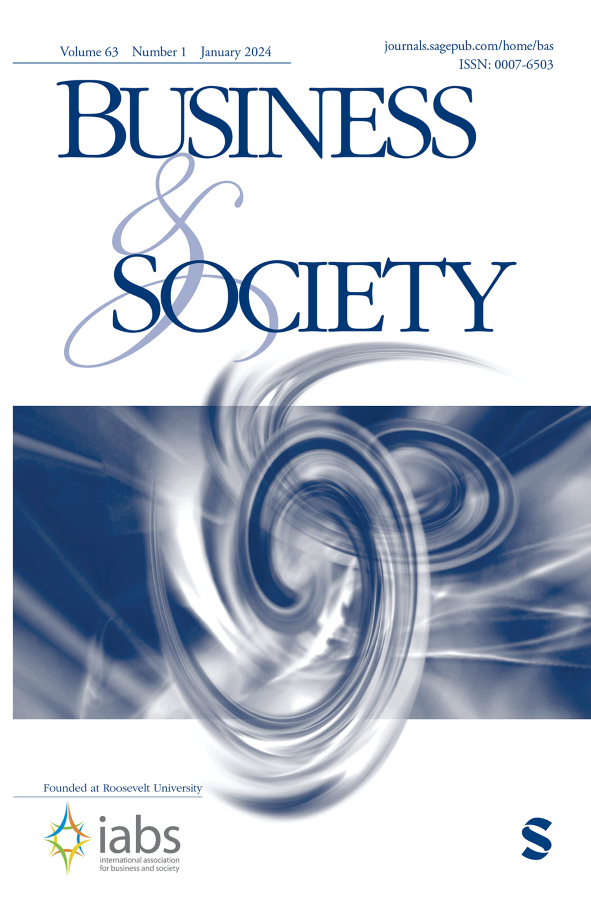The Interplay of Market Choices and Social Mission: Learning From B2B Social Enterprises in Emerging Economies
IF 6
3区 管理学
Q1 BUSINESS
引用次数: 0
Abstract
Social enterprises that operate in business-to-business contexts, often out of emerging economies, typically face high expectations from business clients, mainstream competition, and the challenge of operating across distances. In these contexts, social enterprises need to carefully choose which market segments to serve and how to organize their social mission accordingly. Based on the case of impact sourcing—hiring and training of disadvantaged staff for global business services—we seek to better understand this interplay. In general, we find that social enterprises in this context focus on serving either domestic clients with an implicit social mission and an integrated social enterprise model or international clients with a more explicit social mission and a decoupled model. We discuss why both main configurations represent viable social enterprise models in the outsourcing industry, and why, in particular, the professional background of founders plays a key role in these strategic choices. Our findings contribute to a more nuanced and context-sensitive understanding of social enterprise model adoption in emerging economies.市场选择与社会使命的相互作用:向新兴经济体的 B2B 社会企业学习
在企业对企业背景下运营的社会企业,通常来自新兴经济体,通常面临着企业客户的高期望值、主流竞争,以及跨国运营的挑战。在这种情况下,社会企业需要谨慎选择服务的细分市场,以及如何组织相应的社会使命。我们以 "影响力采购"--雇用和培训弱势员工从事全球商业服务--为例,试图更好地理解这种相互作用。总的来说,我们发现在这种情况下,社会企业要么侧重于服务国内客户,具有隐性的社会使命和综合的社会企业模式,要么侧重于服务国际客户,具有更明确的社会使命和脱钩的模式。我们讨论了为什么这两种主要配置代表了外包行业中可行的社会企业模式,以及为什么创始人的专业背景在这些战略选择中发挥了关键作用。我们的研究结果有助于对新兴经济体采用社会企业模式有一个更细致入微、对背景更敏感的理解。
本文章由计算机程序翻译,如有差异,请以英文原文为准。
求助全文
约1分钟内获得全文
求助全文
来源期刊

Business & Society
BUSINESS-
CiteScore
14.80
自引率
11.40%
发文量
56
期刊介绍:
Business & Society publishes original research, book reviews, and dissertation abstracts relating to business ethics, business-government relations, corporate governance, corporate social performance, and environmental-management issues. Manuscripts relating to the field of business and society in general are also published. Submissions of theoretical/ conceptual work as well as empirical studies are encouraged. Business & Society is the first peer-reviewed scholarly publication devoted exclusively to the field of business and society, and it is the official journal of the International Association for Business and Society (I.A.B.S.), the only independent professional association dedicated to business and society teaching and research.
 求助内容:
求助内容: 应助结果提醒方式:
应助结果提醒方式:


